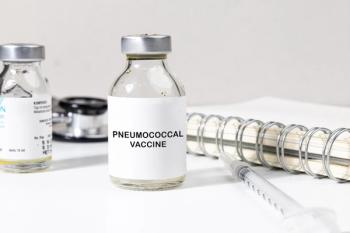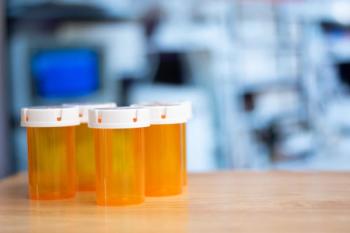
First FDA Public Hearing on CBD Highlights Regulatory Roadblocks
As the cannabidiol (CBD) industry continues to grow, the FDA is facing pressure to provide clarification on regulations for products containing the ingredient.
In its first-ever public hearing on CBD, held on May 31, the agency sought to collect information from a number of testimonials, including health care professionals, manufacturers, researchers, hemp farmers, and consumers.
The 2018 Farm Bill changed the legality of CBD-based products by removing hemp, meaning cannabis or derivatives of cannabis with very low tetrahydrocannabinol (THC) content (below 0.3% by dry weight), from being considered a controlled substance. Moreover, the same law explicitly preserved the FDA’s authority to regulate products containing cannabis ingredients.
CBD use comes with conflicting views regarding its safety and efficacy. Medical claims have suggested beneficial outcomes in several conditions and diseases, such as epilepsy, anxiety, and pain management. However, FDA officials wrote in a Federal Register notice that “questions remain regarding the safety considerations raised by the widespread use of these products.”
Hemp’s removal from the list of controlled substances made CBD-containing products more accessible, yet a lack of research on the substance has left many questions unanswered.
“For example, how much CBD is safe to consume in a day? What if someone applies a topical CBD lotion, consumes a CBD beverage or candy, and also consumers some CBD oil?” Acting FDA Commissioner Ned Sharpless, MD, said in a statement. “How much is too much? How will it interact with other drugs the person might be taking?”
The FDA has previously approved drug products containing compounds found in cannabis. For example, in 2018, the FDA approved Epidiolex, a CBD oral solution indicated for the treatment of seizures associated with Lennox-Gastaut syndrome in patients 2 years of age and older.
“These drugs have important therapeutic value and it is critical that we continue to do what we can to support the science needed to develop new drugs from cannabis,” Sharpless said.
Despite an influx of CBD-based products at the consumer level, FDA officials cautioned that there are little data available on their efficacy and safety. Furthermore, many companies have illegally marketed and sold CBD products with exaggerated health claims for serious diseases, such as cancer. The agency has taken action against deceptive marketing by issuing warning letters to companies committing these violations.
Health experts at the hearing agreed that CBD, and cannabis in general, should be further researched to clarify the potential effects. Presentations from researchers and health professionals urged the agency to help increase research into cannabis in order to better guide regulatory decisions.
“There are lots of questions we will need to answer to ensure that FDA is taking an appropriate, well-informed, and science-based approach to the regulation of cannabis and cannabis derivatives, including CBD,” Sharpless said.
Given rapid growth in the market, the FDA is pressed to take quick action to clear up confusion in the industry and provide a safe and effective regulatory path. This includes addressing key concerns, specifically data to determine safety thresholds for CBD.
In April, former FDA Commissioner Scott Gottlieb, MD, announced that the agency was convening a working group led by Principal Deputy Commissioner Amy Abernethy, MD, PhD, and Principal Associate Commissioner for Policy Lowell Schiller to explore potential pathways for CBD-containing products to be legally marketed.
Following the hearing last Friday, Abernethy tweeted that “timely clarification of the path forward is critical, but it’s our responsibility to ensure that the regulatory path is scientifically sound and in the interest of public health.”
In summarizing key points from the hearing, she wrote that consumers need consistent information and labeling, state and government entities need support in knowing what to do, and better understanding is needed for implications for children taking CBD-containing products at different dosage ranges.
The hearing was not intended to produce any immediate decisions surrounding regulatory action but will likely serve as a foundation for the FDA to move forward in its efforts.
The FDA’s docket on the hearing will be accepting public comments until July 2, 2019.
Related:
References
Remarks by Dr Sharpless at the FDA Public Hearing on Scientific Data and Information about Products Containing Cannabis or Cannabis-Derived Compounds [speech]. FDA.
Schiller L. Scientific Data and Information About Products Containing Cannabis or Cannabis-Derived Compounds; Public Hearing Request for Comments. Federal Register. Published April 2, 2019.
Newsletter
Pharmacy practice is always changing. Stay ahead of the curve with the Drug Topics newsletter and get the latest drug information, industry trends, and patient care tips.























